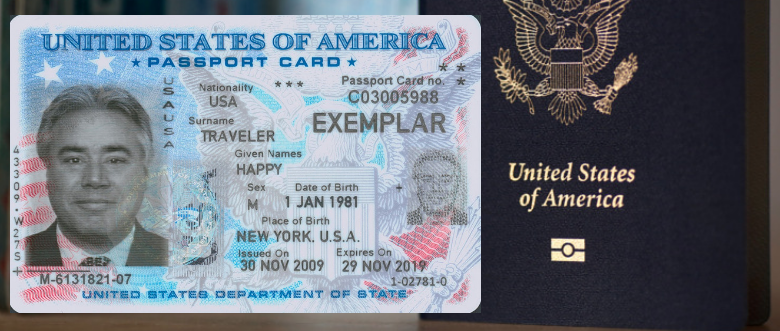

During the visa interview they look at each application individually and consider professional, social, cultural and other factors. Our consular officers are aware of this diversity. “Ties” are the various aspects of your life that bind you to your country of residence: your possessions, employment, social and family relationships.Įach person’s situation is different. Some examples of ties can be a job, a house, a family, a bank account. Strong ties differ from country to country, city to city, individual to individual. Most cases are decided after a brief interview and review of whatever evidence of ties an applicant presents. They must decide in a very short time if someone is qualified to receive a temporary visa. Our consular officers have a difficult job.

The law places this burden of proof on the applicant. Applicants prove the existence of such residence by demonstrating that they have ties abroad that would compel them to leave the U.S. The most frequent basis for such a refusal concerns the requirement that the prospective exchange visitor or student possess a residence abroad he/she has no intention of abandoning. Failure to do so will result in a refusal of a visa under INA 214(b). To qualify for a visa, an applicant must meet the requirements of the INA. It states: Every alien shall be presumed to be an immigrant until he establishes to the satisfaction of the consular officer, at the time of application for admission, that he is entitled to a nonimmigrant status. Section 214(b) is part of the Immigration and Nationality Act (INA). However, since the F-1 and J-1 visas are non-immigrant visas, expressing your ties to your home country are of the utmost importance. Each person’s situation is different, of course, and there is no magical explanation or single document, certificate, or letter, which can guarantee visa issuance. The consular officer may ask about your: future employment family or other relationships educational objectives your educational background long-range goals and career prospects in your home country. bank accounts, property, investments, etc.). “Ties” to your country are the things that bind you to your hometown, homeland, or current place of residence: job, family, or financial connections (e.g. You must therefore be able to show that you have reasons for returning to your home country that are stronger than those for remaining in the U.S. Under the United States laws and practices, the consular officer views the visa applicant as a potential immigrant and it is up to the applicant to prove that this is not the case. As soon as you receive your I-20 or DS-2019 form don’t forget to pay for the SEVIS fee at least 3-4 days in advance of the interview! 1.


 0 kommentar(er)
0 kommentar(er)
